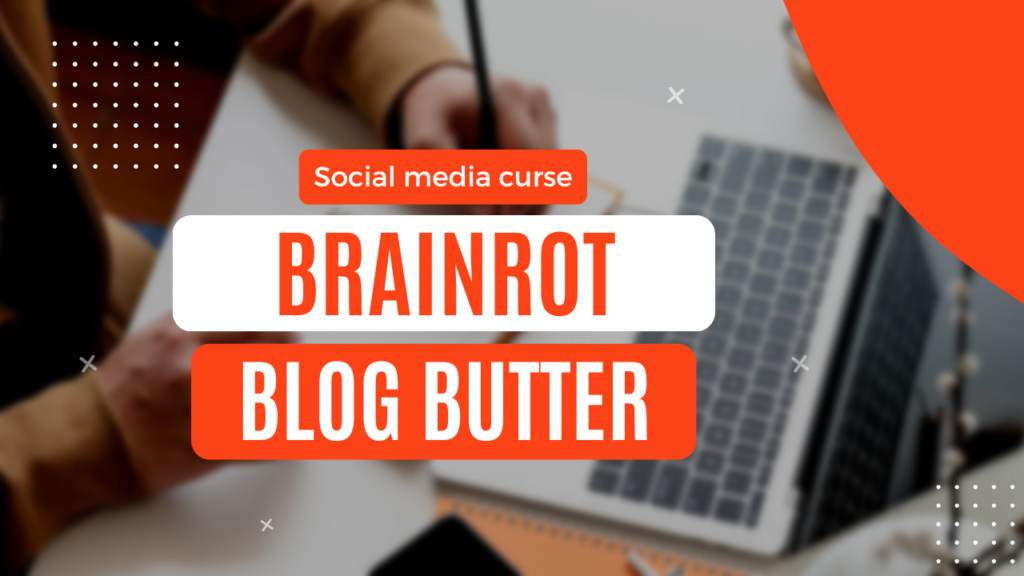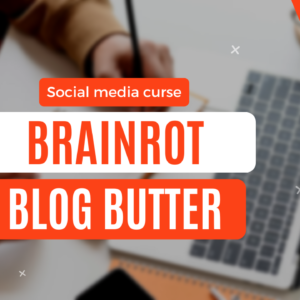In an age where our thumbs scroll faster than our thoughts, a silent epidemic is spreading — one meme, one video, one post at a time. Welcome to the age of brainrot — the not-so-cute side effect of constant content consumption.

What is Brainrot?
The Scroll Trap: Designed for Distraction
Signs You Might Have Brainrot
Why Brainrot Matters
How to Fight Brainrot
The good news is, your brain is powerful — and with the right habits, you can reverse the damage.
🧘 1. Take Digital Breaks
Unplug for a few hours daily or dedicate a day a week to go offline. It helps clear your mental clutter.
📚 2. Choose Deep over Quick
Read something long-form. Watch something meaningful. Let your mind dive deep instead of floating on the surface.
🌿 3. Reconnect with Reality
Spend time outdoors, talk to people face-to-face, enjoy moments without recording them. Let your senses wake up.
Final Thoughts
Next time you catch yourself endlessly scrolling, pause and ask:
“Is this helping my mind — or numbing it?”
It’s time to reclaim your attention — one mindful moment at a time.
